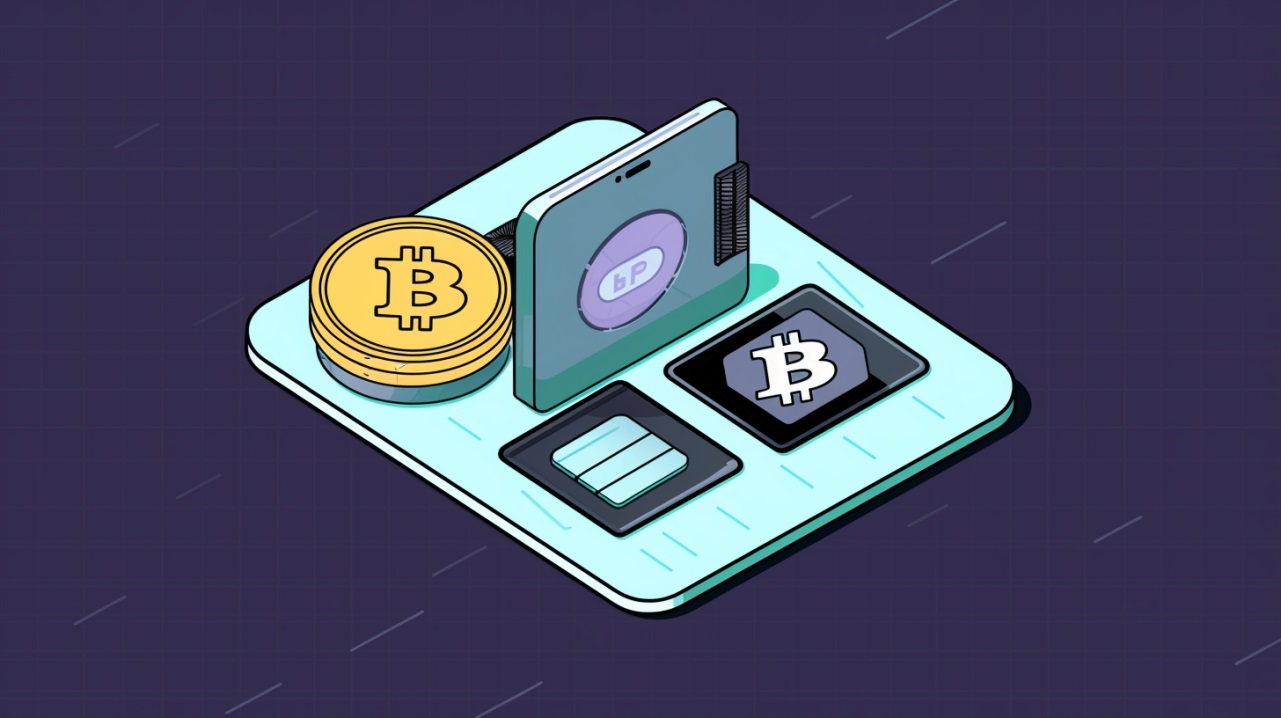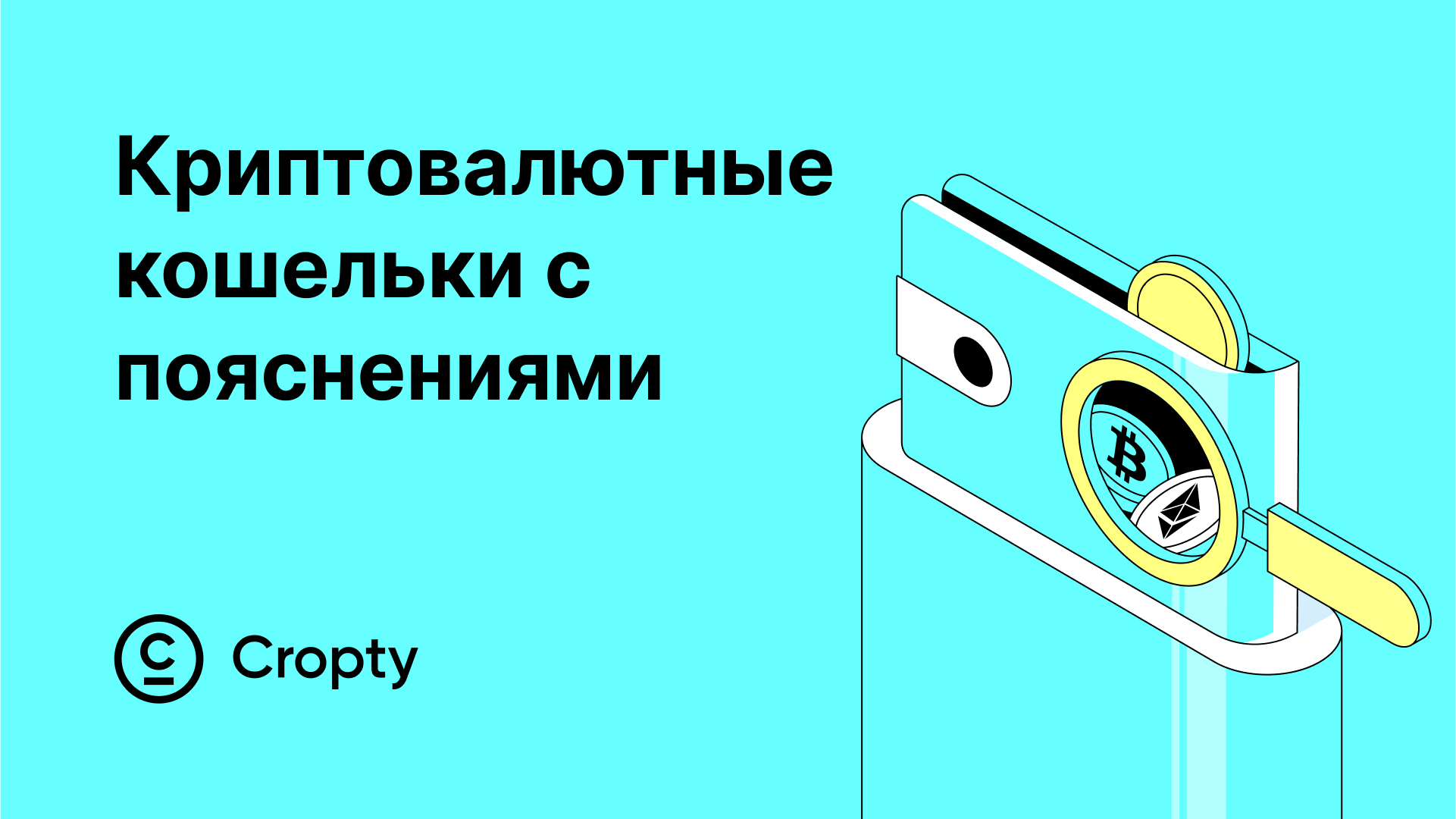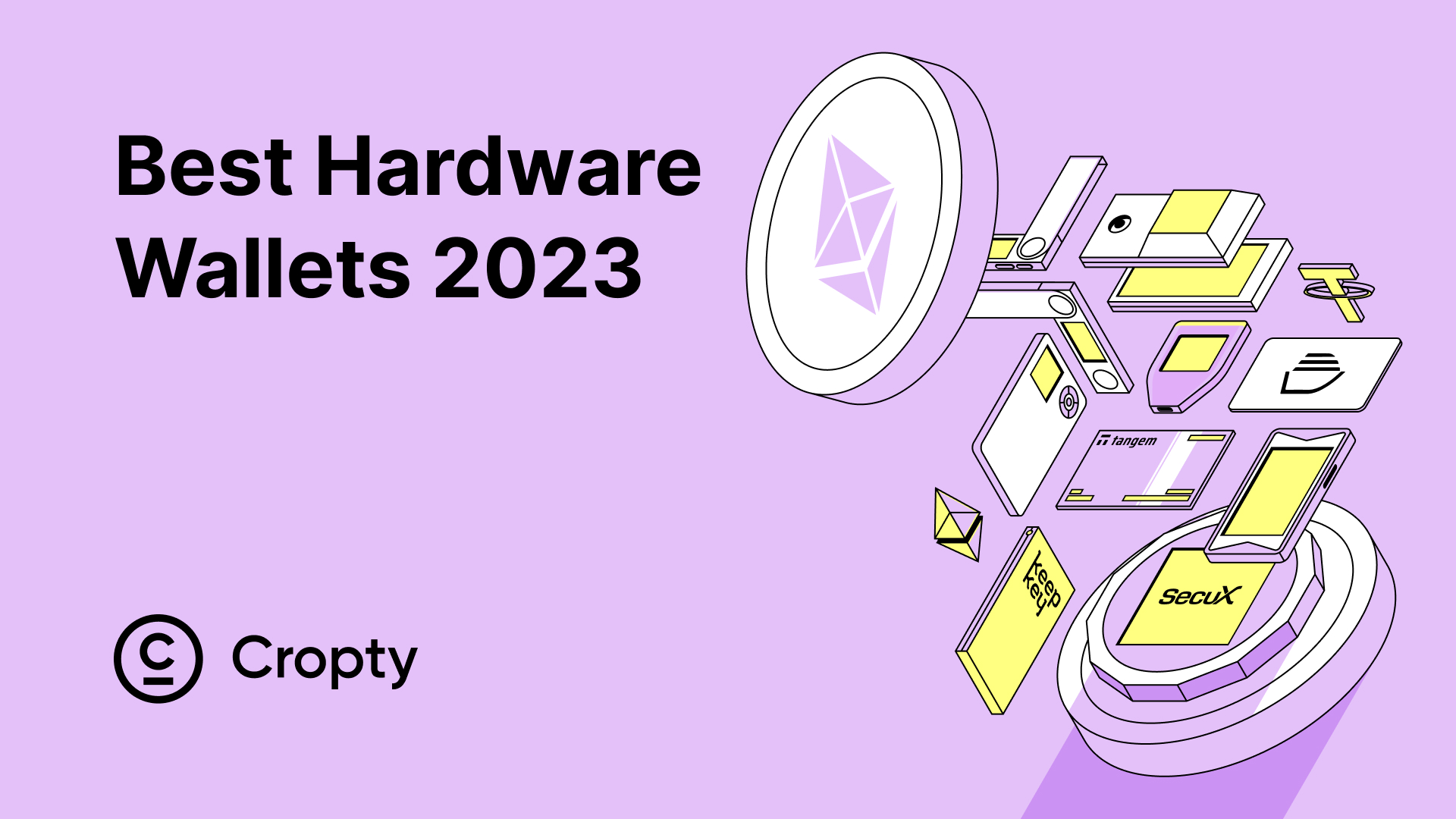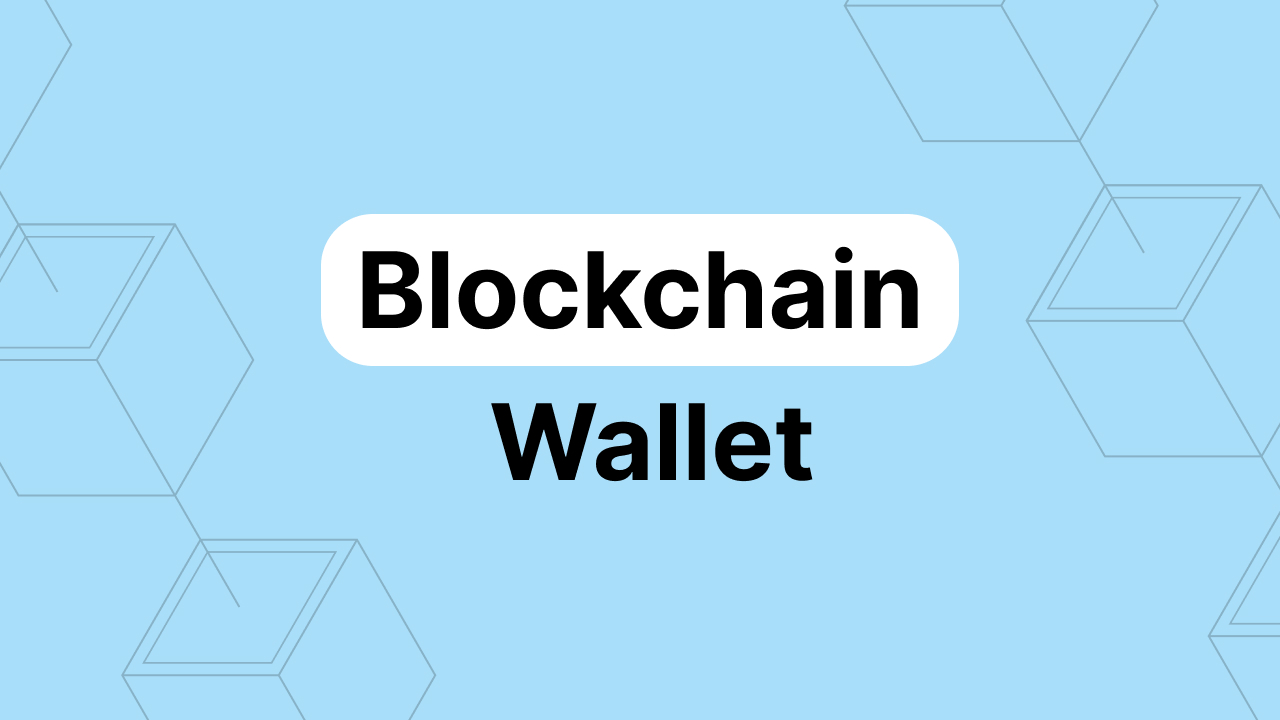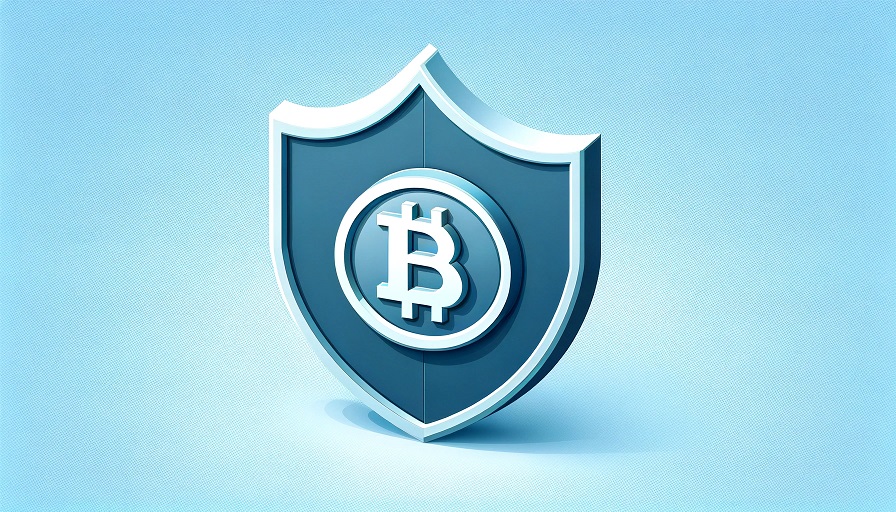If you're an NFT collector, you know that buying and owning these digital assets can be a thrilling experience. However, it's equally important to keep them safe and manage them efficiently. That's where an NFT wallet comes into play. An NFT wallet is a digital vault that enables you to store, manage, and transfer your NFTs safely and easily. In this article, we'll explore the significance of NFT wallets and how to select one that suits your needs. We'll also discuss the essential features of NFT wallets and compare popular options in the market. Whether you're new to NFTs or a seasoned collector, understanding NFT wallets can help you protect your valuable assets and enhance your overall NFT experience.

Significance of NFT wallet
The significance of NFT wallets cannot be overstated for NFT collectors. Here are some reasons why NFT wallets are important for securing and managing digital assets:
1. Buying assets securely with NFT wallets
NFT wallets allow you to interact with blockchain networks and purchase digital assets in a secure way. When you buy an NFT, the seller sends a private key to your wallet address, which proves your ownership of the asset. You can use this key to store the NFT in your wallet, which ensures that only you have access to it. NFT wallets make it easy to verify the authenticity and ownership of your digital assets, reducing the risk of fraud or theft.
2. Storing NFTs in a safe place with NFT wallets
Since NFTs are unique and valuable, it's important to store them in a safe place. NFT wallets provide a secure digital vault that protects your digital assets from hackers and other cyber threats. When you store an NFT in a wallet, it stays online but is protected by encryption and other security measures. Moreover, some wallets offer cold storage options, which allow you to keep your assets offline in a hardware wallet, making them virtually impenetrable to online attacks.
3. Importance of security features, such as two-factor authentication and hardware wallets
To enhance the security of your NFT assets, many NFT wallets offer advanced security features like two-factor authentication and hardware wallets. Two-factor authentication ensures that only the right person can access your NFT wallet, while hardware wallets store your NFTs offline, making them less vulnerable to digital risks. These features provide an added layer of protection for your digital assets, making it harder for hackers to steal or compromise them.
4. Multi-device support for accessibility and real-time transaction reports
NFT wallets offer multi-device support, which enables you to access your digital assets from anywhere, whether through mobile apps or web browsers. This accessibility makes it easier to manage your assets and track their value in real-time. Besides, some wallets offer real-time transaction reports that show you the latest trades, bids, and offers on your NFTs, making it easier to stay updated on your portfolio's performance.
In summary, NFT wallets are essential tools for securely storing, managing, and transferring digital assets like NFTs. They provide a range of features that enhance the security and usability of your digital assets, including secure purchasing, safe storage, advanced security features, and multi-device support. By choosing the right NFT wallet, you can make the most of your NFTs and enjoy a safe and seamless NFT experience.
How to select an NFT wallet

When it comes to selecting an NFT wallet, there are several factors to consider that will help you choose the right one for your needs. Here are some key features to look for when selecting an NFT wallet:
Compatibility with NFT marketplaces:
One of the most important factors to consider is whether the NFT wallet is compatible with the NFT marketplaces where you plan to buy and sell NFTs. For example, some wallets may support only certain marketplaces or blockchain networks, while others may have more flexibility. It's essential to ensure that your wallet is compatible with the marketplaces you plan to use to avoid any compatibility issues.
User-Friendly Interface:
Another essential feature to consider when selecting an NFT wallet is the user-friendly interface. The wallet software should have an intuitive and straightforward interface to allow you to manage your digital assets easily. Look for wallets that offer clear instructions and simple navigation to prevent confusion during transactions.
Security Features:
NFT wallets need to provide robust security features to protect your digital assets from theft and malware. Look for wallets that offer two-factor authentication and other verification measures to protect your account from unauthorized access. Additionally, hardware wallets (cold wallets) are a more secure option compared to software wallets (hot wallets) since they offer an offline environment to store your private keys.
Types of NFT Wallets:

NFT wallets come in two types, software wallets, also known as hot wallets, and hardware wallets, also known as cold wallets. Software wallets are usually free mobile or desktop applications that you can download from various app stores. Hardware wallets, on the other hand, are physical devices, such as a USB drive, that allow you to store your digital assets offline. While software wallets offer greater convenience, hardware wallets provide better security.
Cons of Different NFT Wallet Types:
To provide a more balanced perspective, let's delve into the potential drawbacks of each NFT wallet type:
Software Wallets (Hot Wallets):
- Convenience vs. Security: While software crypto wallets offer ease of access and use, they may be more susceptible to cyberattacks due to their online nature.
- Technical Knowledge: Some software wallets require a degree of technical understanding to set up and manage securely.
- Limited Offline Access: Software wallets typically require an internet connection, limiting offline access to your NFTs.
Hardware Wallets (Cold Wallets):
- Initial Cost: Hardware wallets generally involve an upfront purchase cost compared to free software wallets.
- Physical Security: As physical devices, hardware wallets can be lost, damaged, or stolen, potentially leading to NFT loss.
- Complexity: Hardware wallets may require more technical knowledge to set up and use compared to software wallets.
- Limited Portability: Hardware wallets are physical devices, making them less portable than software wallets.
Popular NFT Wallets:
Some popular NFT wallets in the market include MetaMask, Ledger, and Coinbase Wallet.
MetaMask is a popular web extension wallet that supports multiple blockchain networks, including Ethereum, Binance Smart Chain, and more. It also allows you to manage multiple addresses and exchange cryptocurrencies, making it a popular choice for NFT collectors.
Ledger is a hardware wallet that offers top-notch security features, including a PIN code and recovery seed, to protect your digital assets from hackers.
Coinbase Wallet provides multi-device support, allowing you to access your NFTs across multiple devices securely.
Conclusion
To sum up, an NFT wallet is a crucial tool for anyone who owns or plans to buy NFTs. It provides a secure and convenient way to store, manage, and transfer your digital assets. When selecting an NFT wallet, you should consider its compatibility with NFT marketplaces, user-friendly interface, security features, and multi-device support. Some popular NFT wallets include MetaMask, Ledger, and Coinbase Wallet.
Looking ahead, NFT wallets are likely to evolve along with the blockchain technology that underpins them. As blockchain technology advances and more people adopt NFTs, the demand for reliable and user-friendly NFT wallets is likely to increase. Moreover, developers may introduce new features, such as integration with social media platforms or support for more blockchain networks. Therefore, it's worth keeping an eye on the latest developments and upgrading your NFT wallet accordingly. By choosing the right NFT wallet and staying informed about the latest trends and best practices, you can maximize the value of your NFTs and enjoy a safe and rewarding NFT experience.









